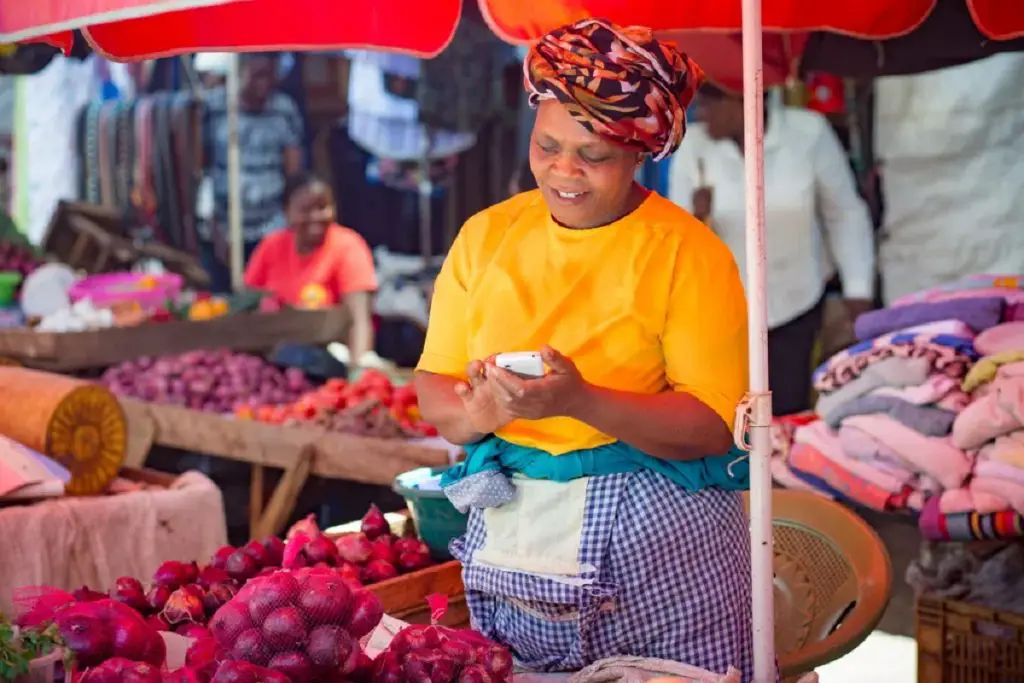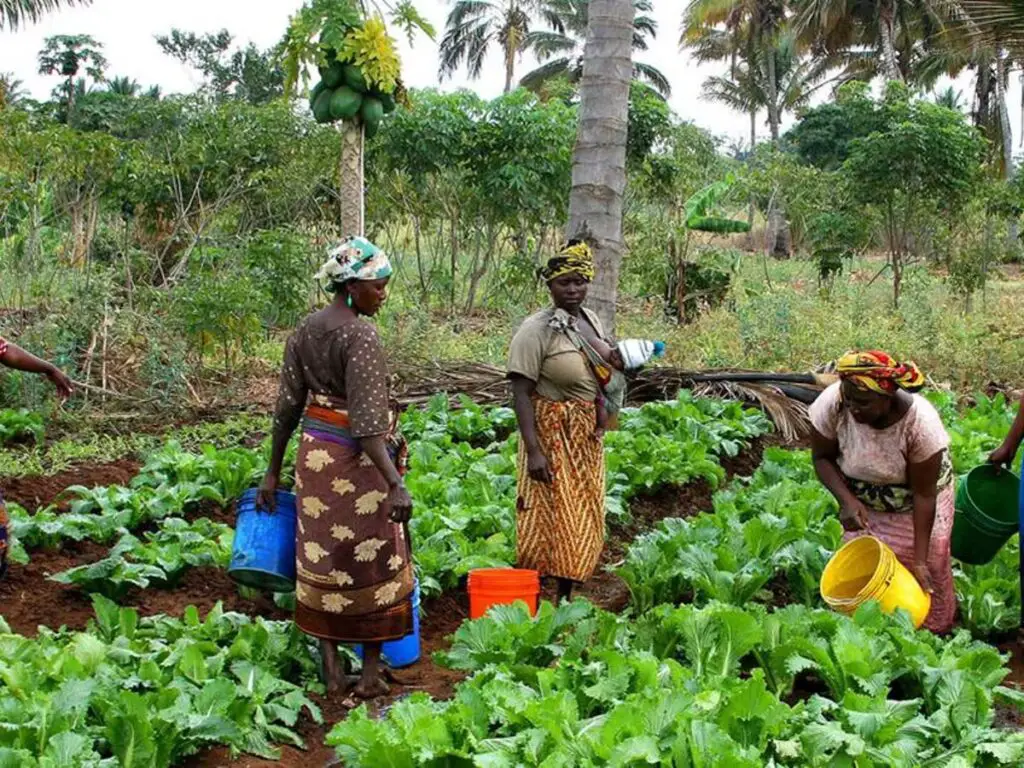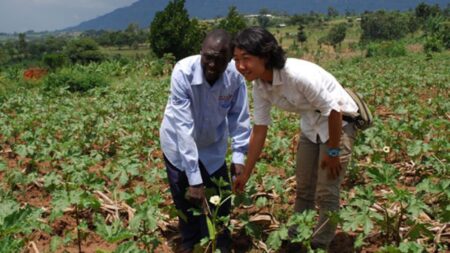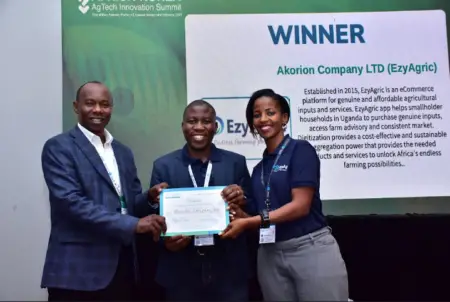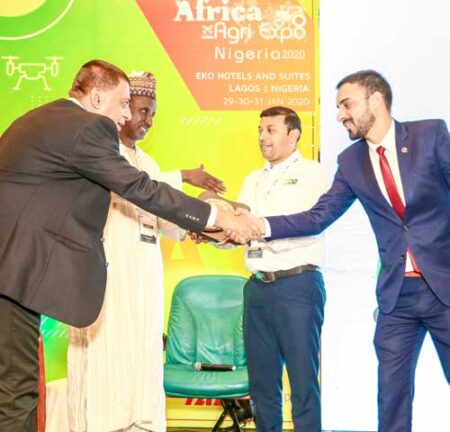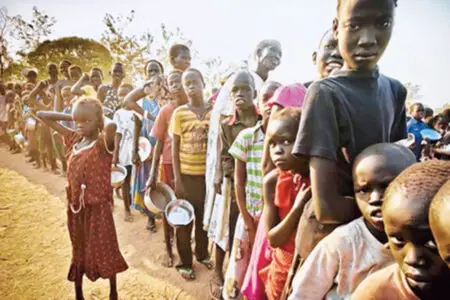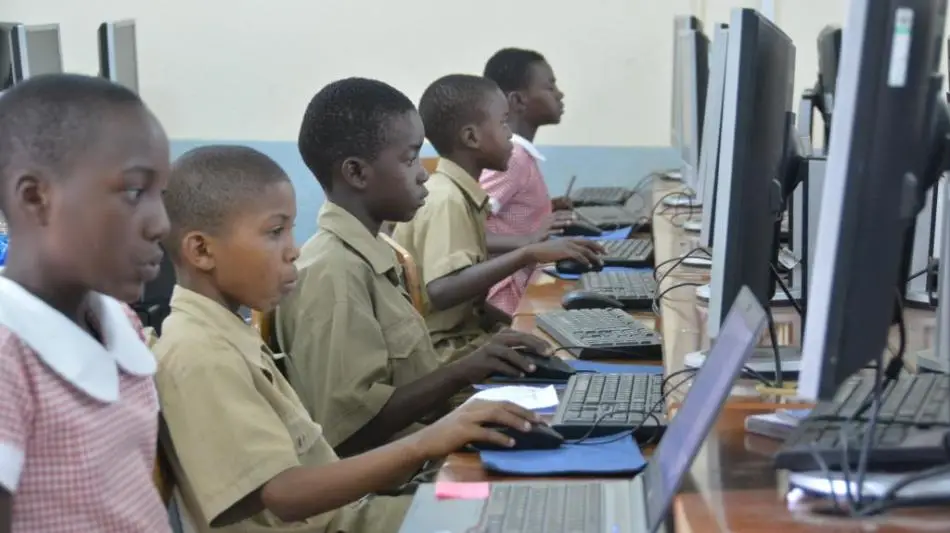The African Women in Agricultural Research and Development (AWARD) has released a report highlighting how gender-responsive agricultural research and development coupled with an intentional focus on addressing inequalities in access to innovations between men and women, can propel agricultural-driven development.
Dubbed Agspirations: Inspiring stories of African agriculture, volume 1, the report forms part of a growing body of knowledge that has demonstrated the gains of embracing gender-responsive research and increasing the number of female agricultural scientists in leadership positions.
“The world needs urgent and concerted efforts toward enabling agricultural-dependent communities to thrive in the face of a changing climate. The key to finding solutions is an enhanced focus on the systemic causes of the gender divide in various sectors, including science, technology, engineering and mathematics (STEM),” states the AgSpirations report.
Read: Uganda to benefit from $ 4.6 million ‘last mile’ finance model for agriculture
The report further notes that smallholder farmers across Africa are looking to science to boost farm productivity and to tackle emerging threats, particularly with regards to climate change and pandemics as demonstrated by Covid-19. Gender and diversity in agricultural research are crucial to create and implement effective solutions to these critical issues and contribute to broader development goals.
Less than a quarter of agricultural researchers in Sub-Saharan Africa are women and only 14 per cent of those in leadership positions in agricultural research are women, according to 2017 research commissioned by AWARD. Furthermore, women account for less than 16 per cent of the research labour force in agricultural sciences in francophone African countries.
To inspire more women into research, and invest in African women scientists working to improve the livelihoods of rural populations, AWARD has partnered with academic institutions, development agencies and governments to implement various initiatives and programmes.
For the last 13 years, the flagship AWARD Fellowship has been working with women agricultural research scientists who undertake a career-development programme that builds their leadership, mentoring, and scientific research skills. To date, the Fellowship has been offered to 534 of the continent’s top women scientists, referred to as AWARD Fellows, and has benefitted more than 1,000 individuals who participated in the programme as mentors and Fellows’ mentees. The AWARD Fellows continue to record remarkable growth in their careers, with most taking up senior leadership positions, including as vice-chancellors, centre directors and policymakers.
Cognizant of the need to invest in both male and female researchers to build resilient agricultural systems, AWARD is also implementing the One Planet Fellowship. This US$19.2 million initiative, co-managed with the Agropolis Foundation, is building a robust pipeline of scientists working on solutions to help Africa’s smallholder farmers adapt to a changing climate and forging intercontinental collaborations with European scientists for climate change research.
The 2019 and 2020 cohorts of One Planet Fellowship participants include 89 laureate candidates and 89 mentors, selected from 2,426 applicants across 14 sub-Saharan African countries. The researchers have carried out groundbreaking work ranging from promoting the adoption of climate-smart technologies to improving African seed systems in the context of climate change.
“Through the One Planet Fellowship, we fostered a robust global network of capable and influential researchers and research leaders able to deploy a gender lens to analyze their research’s potential to bridge the gender gap in African agriculture and help smallholders adapt to a changing climate. While this is a harsh reminder of the reality of the imbalance between demand and supply of capacity development on the continent, it is also an opportunity for increased partnerships to build local talent to address climate change in Africa,” noted outgoing AWARD Director Dr. Wanjiru Kamau-Rutenberg.
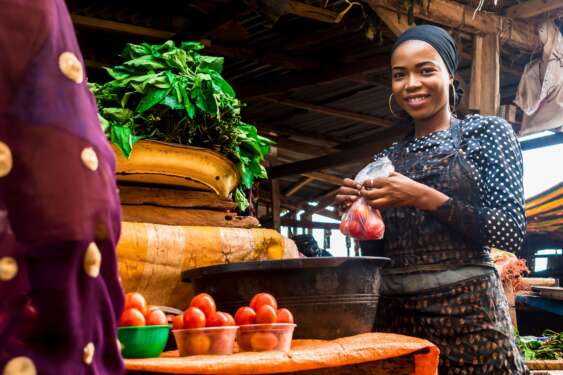
AWARD has also partnered with eight national agricultural research institutions in six African countries, including the Ethiopian Institute of Agricultural Research (EIAR), Nigeria’s the Federal University of Agriculture Abeokuta (FUNAAB), and Tanzania’s Nelson Mandela African Institute of Science and Technology to customize and deploy interventions that promote gender responsiveness. These include institutional fellowship and mentoring programmes and offering support to partner institutions to develop their gender strategies and leadership programmes.
“Gender balance is not only an issue of equity and equality but also of efficiency. Indeed, integrating gender is key to greater effectiveness. Women all over the world are, whether recognized or not, critical players in decision-making processes,” emphasized Dr Marie-Christine Cormier-Salem, Director of Agropolis Foundation, a key AWARD partner.
According to FAO statistics, globally, women produce 50% of global food products and comprise, on average, 43% of the agricultural labour force in developing countries. In African countries, according to the UNDP, the economic and social discrimination against women actually costs Africa USD 105 billion a year or 6% of the continent’s annual Gross Domestic Product (GDP).
Many of the world’s poorest countries rely on traditional agricultural crops for export. However, it has been proven that participation in high-value export commodity chains such as horticulture and fisheries provides considerable opportunities for growth and poverty reduction. An analysis conducted by International Trade Centre Non-Tariff Measures Surveys across 20 countries in 2015 revealed that when it comes to gender parity, far fewer women-owned businesses are engaged in international trade than those owned by men.
Diversification into high-value agricultural exports has been cited as a key means of linking the world’s rural poor to global markets.
Invest in Africa (IIA) has partnered with the African Women Agribusiness Network (AWAN Afrika) to improve women’s competitiveness in agribusiness and accelerate trade. The partnership targets reaching 15 million women and youth in agribusiness on the continent by December 2021.
AWAN Afrika is providing a platform for these MSMEs so that they can access information on financial inclusion while improving market access, trade and agri–technology.
Another target is closing gaps by creating market linkages and improving value chain integration to increase access to the markets while also building capacity to address current skills gaps which will help increase chances of success for these MSMEs.
Just like with the challenges to establishing businesses, women have been badly affected by the skewed adoption of technology thus AWAN Afrika and IIA are seeking to leverage on the technologies created to synergise towards extending opportunities in their networks.
The partnership seeks to open new avenues for cooperation to support the growth of women-led agribusinesses especially with the decline in business as a result of the Covid-19 pandemic.
Read: Fellowship targets African female scientists on climate change, agriculture solutions





